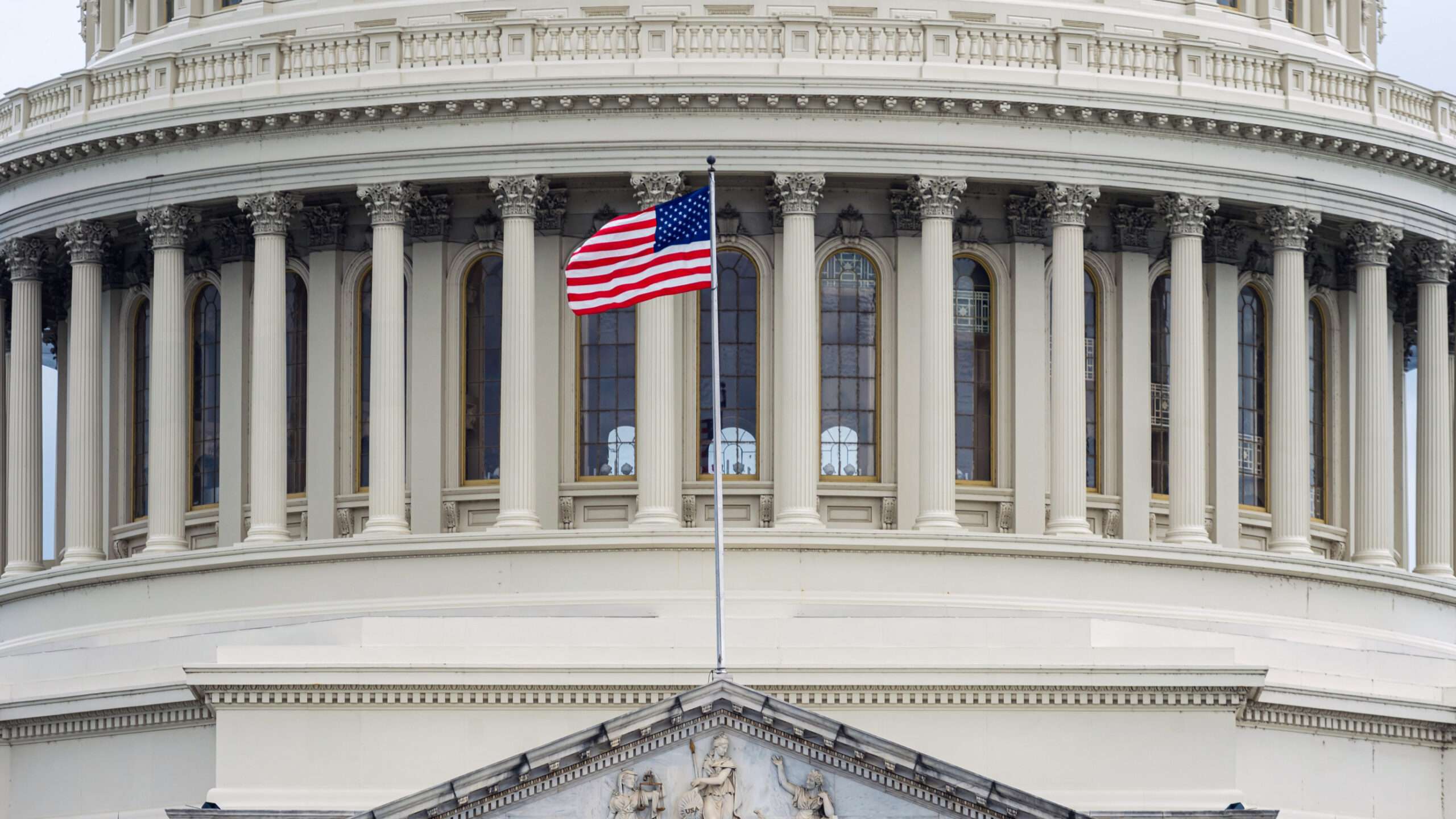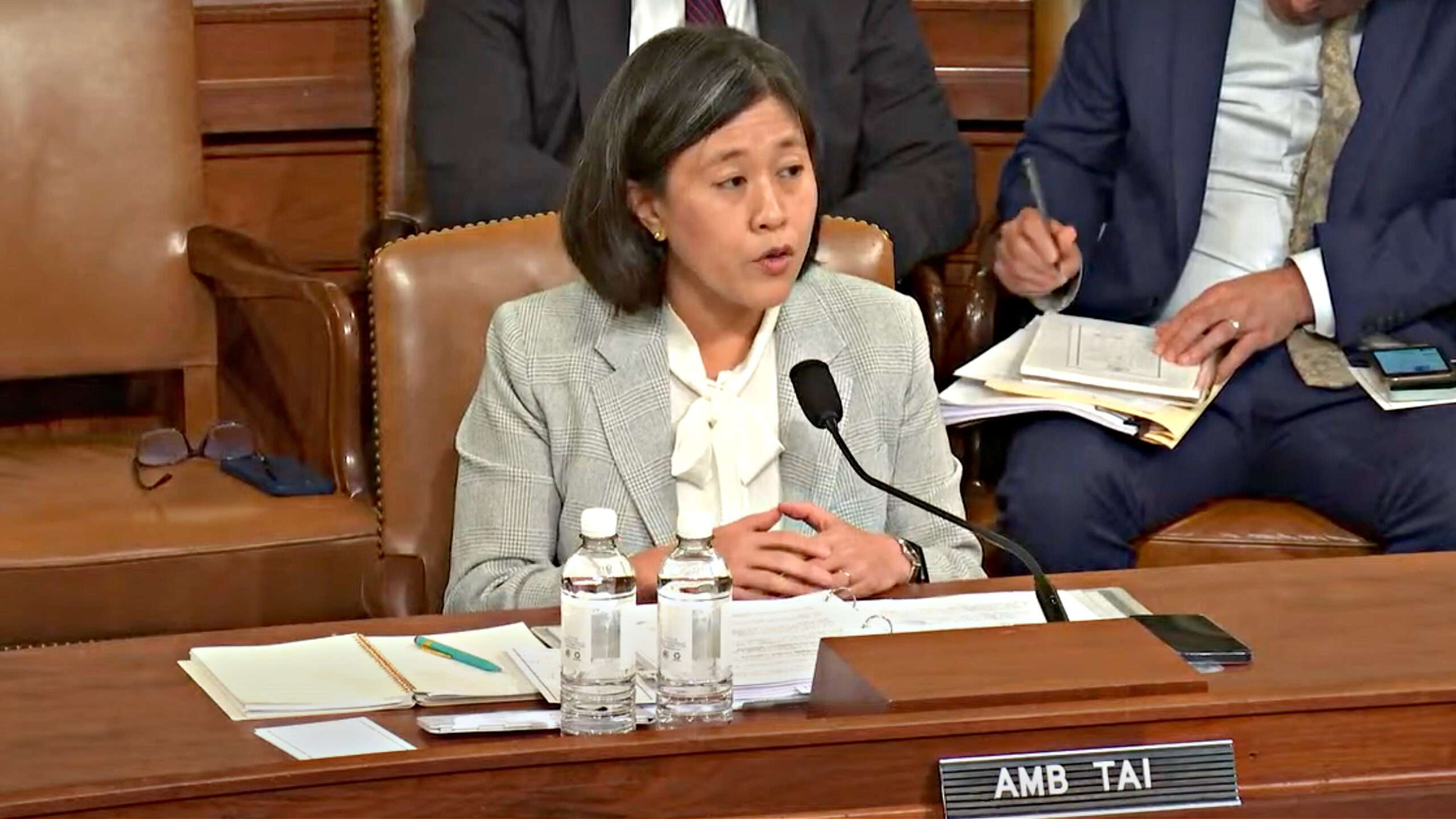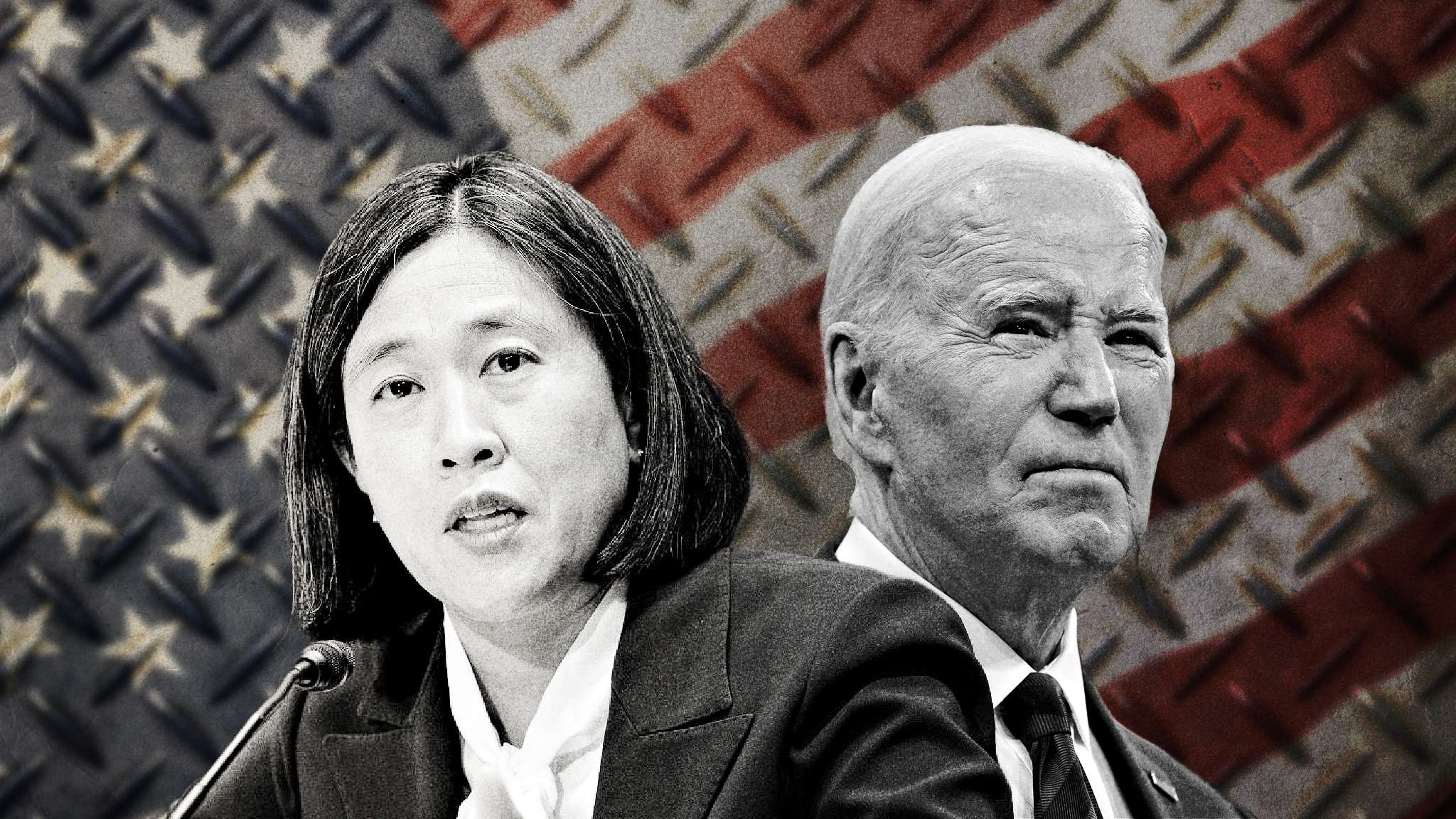
Senate Majority Leader Mitch McConnell (R-Ky.) dealt a significant blow to President Obama’s global trade agenda Thursday, declaring that a sweeping pact with 11 Pacific Rim nations should not be sent to Congress for approval until after the 2016 elections — and maybe not until after Obama leaves office.
[ by Paul Kane and David Nakamura | December 11, 2015 | The Washington Post ]
McConnell, who previously supported efforts to enhance Obama’s trade negotiating powers, signaled that he was undecided on how he would vote on the deal, but he was clear that the Trans-Pacific Partnership (TPP) would be defeated if it were sent to Capitol Hill next spring or summer, as the administration was planning to do.
“It certainly shouldn’t come before the election. I don’t think so, and I have some serious problems with what I think it is,” McConnell said in an exclusive interview with The Washington Post. “But I think the president would be making a big mistake to try to have that voted on during the election. There’s significant pushback all over the place.”
McConnell’s resistance to moving the pact casts doubt on whether Obama will be able to secure approval for the largest such trade deal ever considered, and one that the president had hoped would be among his final legacy-burnishing efforts. A year into his new role, McConnell also sought to more broadly tamp down expectations for any other breakthrough legislative accomplishments — “I’d be surprised” — before Obama finishes his term in January 2017.
His remarks were the bluntest public statement of doubt on the TPP’s prospects from Republican leadership, which has offered little support since the administration announced in October that a final deal had been reached among the 12 nations.
“Yeah, I think it would be a big mistake to send it up before the election,” McConnell said in the interview. He noted that the trade authority Congress approved also gives the next president fast-track authority to secure global deals throughout the first term of that administration. “The next president, whoever that is, will have the authority to either revisit this one, if it doesn’t pass, or finish the European deal or other deals, and give Congress a chance to weigh in on it,” McConnell said.
Under the terms of the fast-track legislation, Obama must wait 90 days after the announcement of the final TPP agreement before signing the pact and sending it to Congress; that could happen by Feb. 4. Lawmakers would then work with the administration to determine when a vote would take place. Obama aides have said that could come by late March at the earliest.
“We will continue working with Congressional leaders to pass the Trans-Pacific Partnership as soon as possible next year,” Brandi Hoffine, a White House spokeswoman, said in an email Thursday when asked about McConnell’s comments. “We don’t see any reason to delay the 18,000 tax cuts [through tariff reductions] on Made in America exports in TPP that will benefit our workers and businesses. Our competitors, including China, aren’t standing on the sidelines on trade, we shouldn’t be either.”
But McConnell, who said Thursday that he has relayed his concerns to Obama, is joined in his questioning of the deal by Sen. Orrin G. Hatch (R-Utah), the Senate Finance Committee chairman, who was also a key supporter of the fast-track legislation. They have raised particular concerns about provisions related to tobacco and pharmaceutical companies.
Kentucky is one of the nation’s largest tobacco producers, and Utah has a growing pharmaceutical industry.
Their concerns have dampened enthusiasm among other Republicans, and the debate over trade policies on the 2016 campaign trail has also muddied the prospects for the TPP. Several top contenders for the GOP presidential nomination, including front-runner Donald Trump and Sen. Ted Cruz (Tex.), have denounced the pact, and all of the Democratic candidates, including Hillary Clinton, oppose it.
Even if a more establishment-friendly Republican who supports trade deals emerges as the GOP nominee, the politics of approving the TPP are not likely to significantly improve. The presidential primary race could effectively be over by April, but most states will only then begin to hold their primary contests for congressional seats.
Read more at The Washington Post













